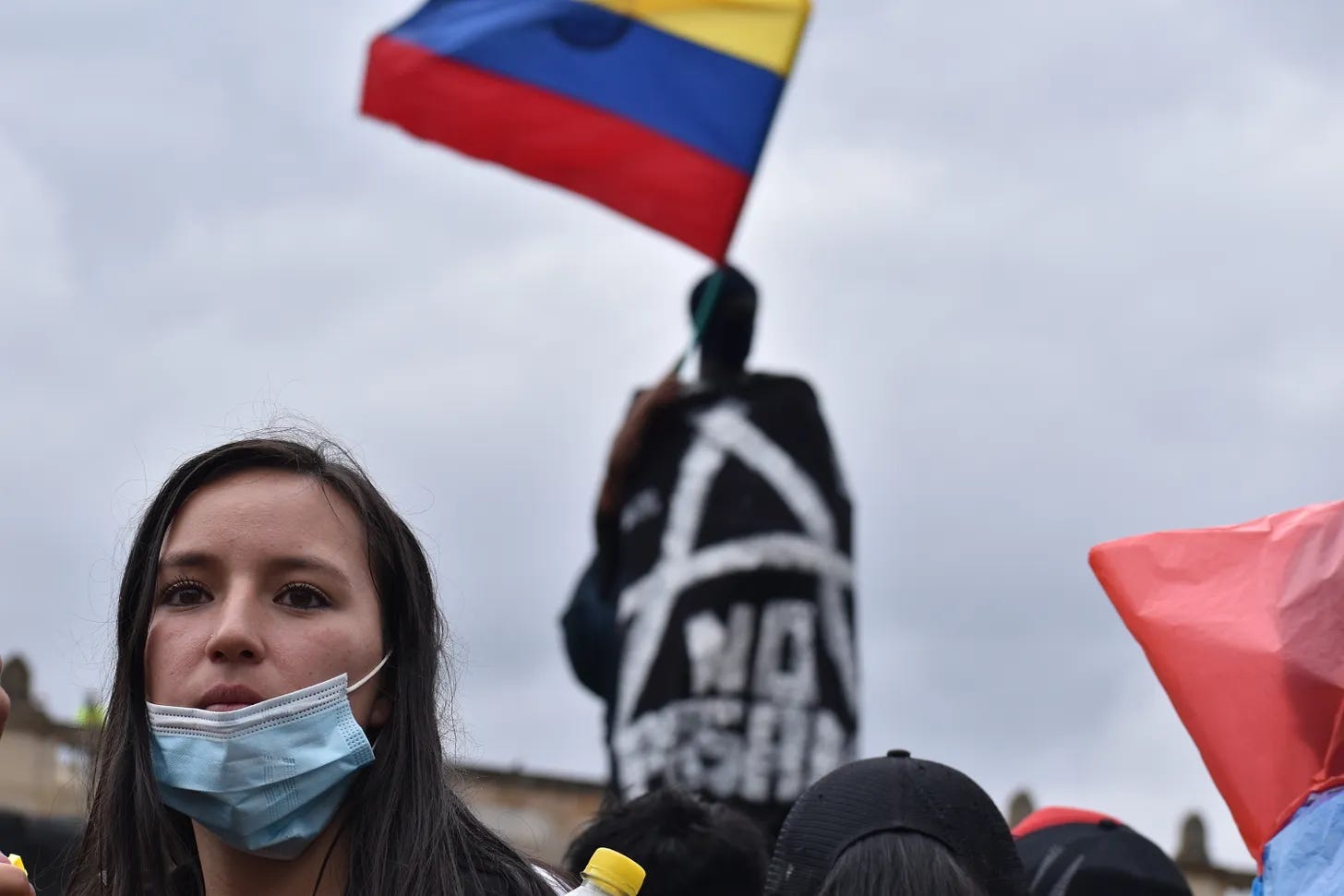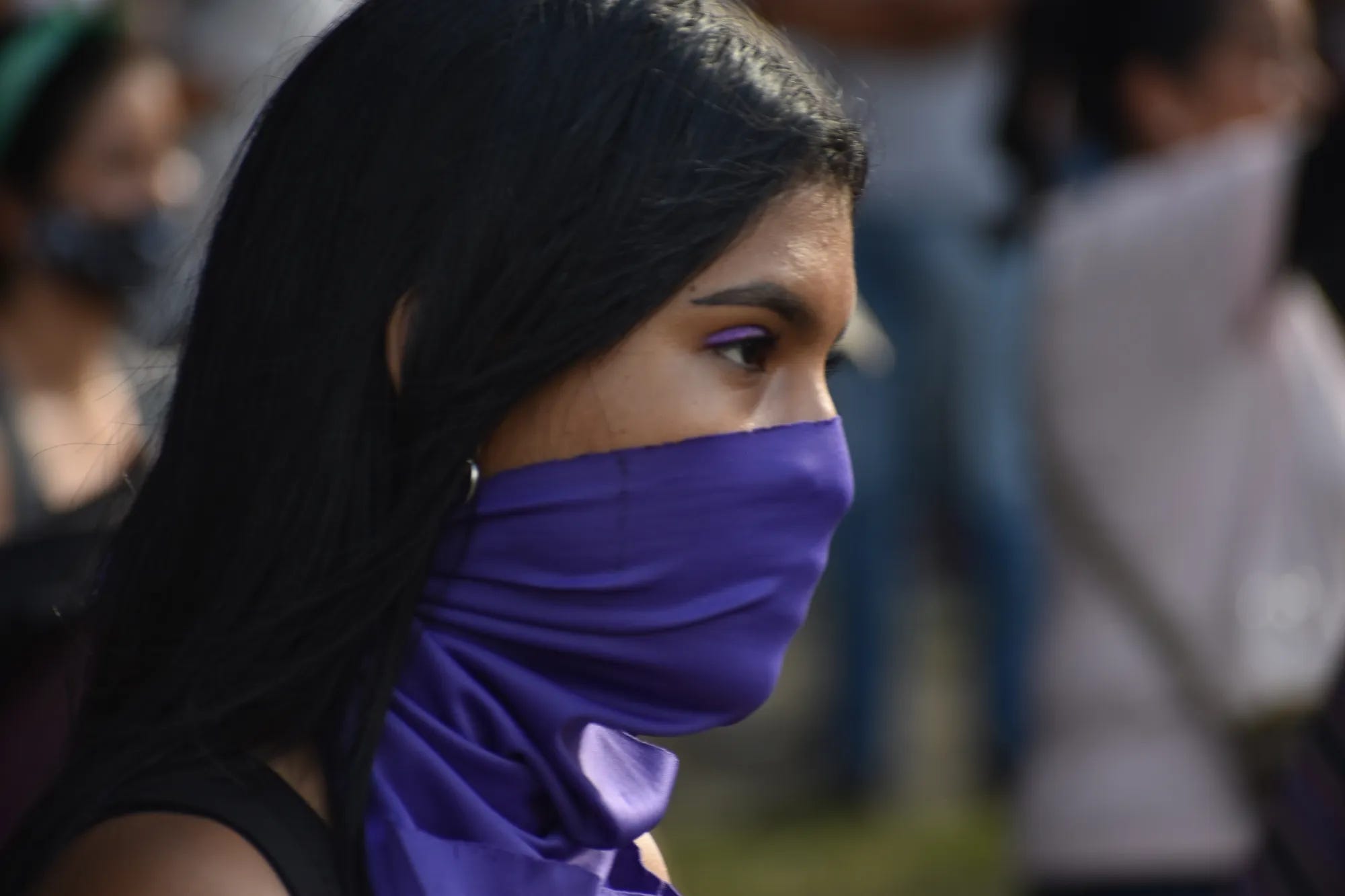The Power of Narrative
Stories have inspired revolutions, toppled empires, and even launched wars. But more often they explain our origins. Have you heard PWS's?
Storytelling is powerful. It is ancient. For millennia, narrative has brought us together, or divided us, inspired us, spawned countless religions and revolutions, and even launched wars or toppled empires. Other times stories are methods for us to collect information and lessons about the world we live in, such as “How can we find happiness?”, or a path to something more mundane and simple but no less important, like “Where is the fishing good?”
Everyone has stories. And everyone uses stories to communicate. They form a fundamental part of who we are as humans. I spend a lot of time thinking about stories and the impact they have on us. I am after all, technically, a professional storyteller. Lately, and this may be due to being immersed in the season of Navidad in Colombia, where festivities and cultural celebrations are omnipresent, I’ve been thinking more about how they unite us rather than divide.
Using narrative to affect positive change is the principal goal of PWS and always has been. It’s what brought the journalists who created this tiny media org together in the first place.
And like every group of people, Pirate Wire Services has an origin story too. Like all of our origin stories, it affects who we are, what we do, how we see the world, and what we aspire towards.
First, however, we have to explain what Wire Services are.
A “Wire Service”, as it originally evolved, was an ad hoc organization that spread the news via telegraph wires, a new invention when these loose organizations developed in the late 19th century. The model of a Wire Service was quickly adopted by existing news agencies like Reuters (which originally depended upon carrier pigeons), who used the model to obtain firsthand reporting and then distribute the copy in a standard format for print and radio.
Wire Services produce news for other agencies to distribute.
But before they became the standard of for-profit journalism globally, Wire Services were citizen reporters, street journos, and grassroots organizations getting out the reports that they thought mattered to the world.
I’ve always been fascinated and inspired by journalism that evolved outside of elite circles without the backing of millionaires (and now billionaires, how far we’ve come).
In 2021, the entire country of Colombia erupted into mass protests, and amidst calls for a general strike, hundreds of thousands took to the streets to protest the government of then-president Ivan Duque. I was on the streets every day covering the protests, which were historic for Colombia, which has recently emerged from a more than half-century civil war.
They were also met with incredible violence on the part of security forces. For two months the daily clashes, which resulted in the deaths of more than 60 protesters, accusations of “disappearances”, illegal surveillance of journalists, and sexual assaults committed by police against female protesters, thrust Colombia into the global news cycle.
To say I had my hands full would be an understatement. For the first time in my career as a freelancer, I was turning down commissions as US and European media organizations reached out for on-the-ground coverage. I simply had too many.
And stringers and staffers from international news agencies flew in from around the world. I began to grow frustrated with the tone of Western coverage of the protests, however, which often missed crucial context or was written by people who hadn’t really spent time with protesters or the communities where the rebellion was occurring.
It wasn’t through bad intentions or a lack of talent or intelligence that the hundreds of foreign correspondents were misrepresenting the narrative. Rather the parachute journalists arriving from every corner of the world just weren’t familiar with the story of Colombia or have many contacts among its people.
From the barricades of Siloe, in Cali, a working-class barrio that was the epicenter of police and paramilitary violence against protesters, the story I saw play out daily was very different from the coverage I saw from legacy media companies like the Washington Post and the New York Times, writing from Bogotá.
It was just a few days before, during the national strike. that I met Daniela Diaz, a talented Colombian journalist, and now-regular PWS contributor, as I choked in a cloud of tear gas.

As I lay gasping on a grassy knoll, blinded and coughing, someone kicked me. “Are you alright?” a feminine voice asked me. I blinked through bleary eyes, unable to make out the shape of the person asking me, who at the time was little more than a brightly colored indefinite mass.
“Yeah. I’m ok. Just tear gas,” I responded.
“Then get the fuck up,” Dani told me. “Journalists don’t cry.”
A pirata if there ever was one.
Dani and I became fast friends in a torrent of rubber bullets, police beatings, rocks, and various other projectile weapons, and the loud explosions of flash bangs and Molotov cocktails.
Our frustration with English-language coverage of the strike led us to create what started as a small group of street journos that would act as a Wire Service— in the original sense of the term — an ad hoc collection of journalists on the ground and in the communities amplifying, translating in real-time, and distributing the work we were doing, principally on social media.
It was a Pirate Wire Service with a focus on Colombian journalists who understood the context of the violence that was happening around them, and who could explain it much better than any international stringer who had often flown into Bogotá just a few days before.
And thus PWS, in its primordial form, was born. The project was intentionally temporary and none of us earned any money from it. Our goal was simply to expose the truth we felt was being underreported. And we succeeded beyond our wildest dreams.
The first-hand reporting we published as a collective often went viral, particularly on Twitter, where it sometimes achieved hundreds of thousands of views. Videos we captured were amplified by now-President Gustavo Petro, international NGOs, global news organizations, and activists around the world.
I strongly believe we played a very small but important part in transforming the narrative about Colombian protests from “violent protesters” to a story of state oppression in Colombia and we helped provide the social context and history in which the strike occurred, especially for those watching Colombia from around the world.
The global spotlight on Colombia eventually went out, as happens in global media cycles. But I was left deeply touched by the experience. Colombian “resistance” was a transformational lesson for me.
So was our experiment with the idea of a Pirate Wire Service. PWS as it exists now was formed from the lessons that Dani and I drew from that experience. Stories matter! They can change the world!
As journalists harness this power, however, they must do so responsibly. We must shine light where there is none. We must not be slaves to millionaires and billionaires who would determine the agenda and angle of our coverage if they could.
And we must center the voices of the people from effected communities rather than rely completely on “official” sources like politicians and police.
And so, two years later, we launched our pirate ship the Goodship Capybara with Amy Booth, an English reporter in Argentina who is now the executive editor of the Buenos Aires Herald, Daniela Diaz, a Colombian journalist who as I write this is in Mexico City as part of a grant she won for her groundbreaking reporting on feminism and social movements, Paulo Chávez, a Peruvian beat reporter who works with a dozen organizations in Latin America, and your humble narrator.
The seas have been rough at times, and we have endured more than one tempest, as well as a few doldrums, but we’re still here. We’re still sailing. If you’re reading this you are a part of that and we thank you deeply.
I look for stories for a living. I never expected to be part of one, but I suppose we all are in our own ways. Our stories define us. And stories we hear define the world for us. That’s what PWS is about.
And as we come together this holiday season, we will all engage in the ancient art of storytelling with friends and loved ones. And that, also, is what PWS is about.
Stories can also bind and bond as well as create and destroy. That’s what we strive towards. And though we aren’t always successful, we think the world would be a much better place if we all tried to create, and live, stories that bind us together rather than rend us apart.
Thank you piratas. Happy holidays, and hasta pronto!
PWS will be on break through the holidays. Happy everything, and we hope you have an amazing New Year. Hasta muy pronto, piratas. Y gracias por todo.





What changed in Columbia?